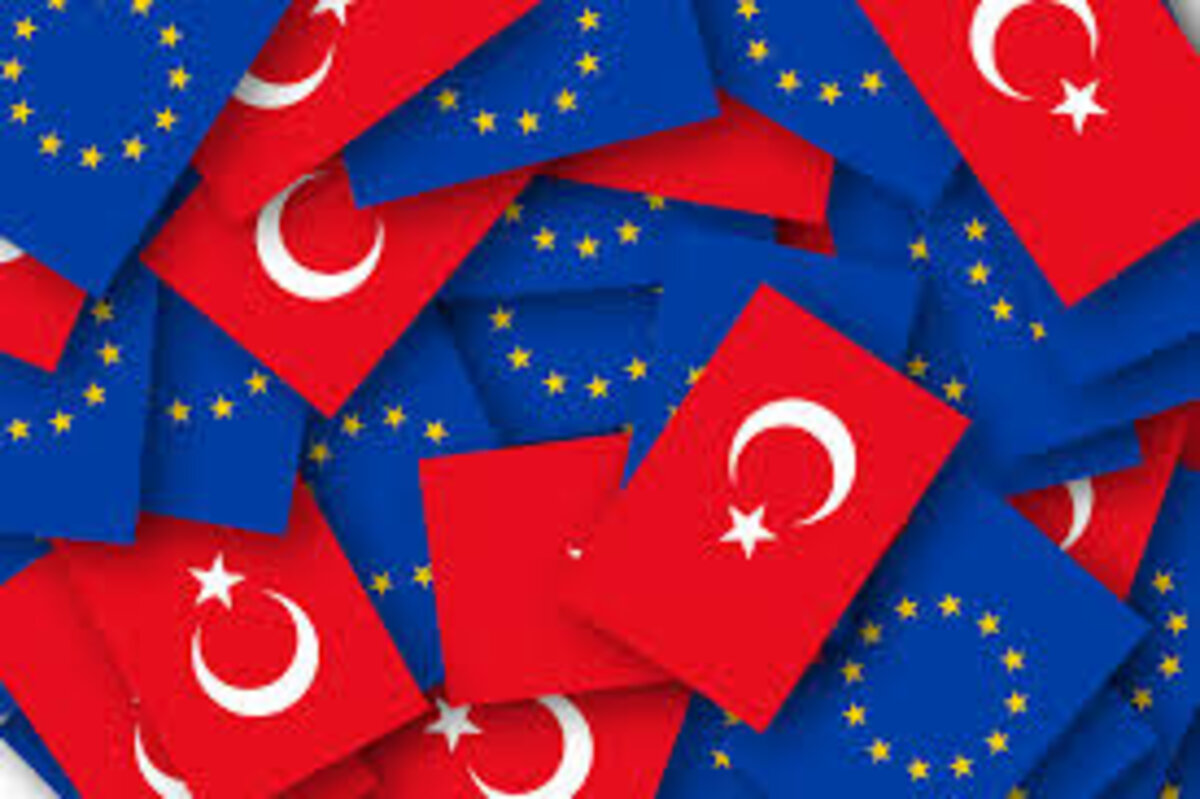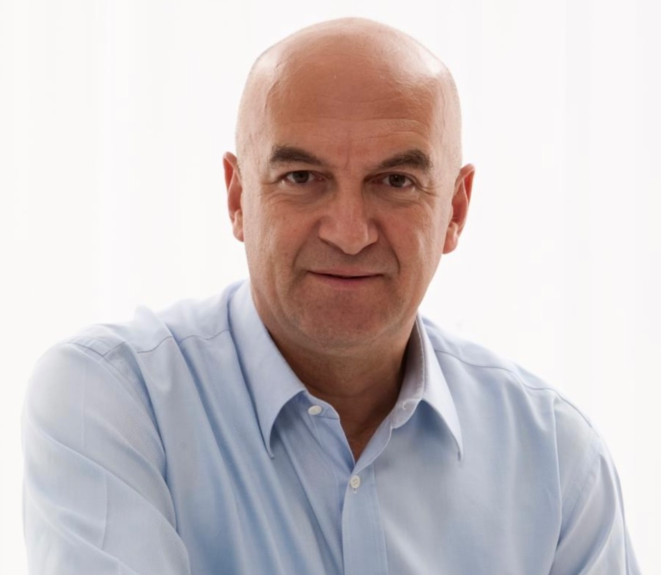For some time now, I have been checking the mood on where the EU and its wealthy member countries stand in terms of support for Turkish and Kurdish journalists, who have been forced to exile. There are many of them, spread around different countries in Europe.
I’ve been told by several sources that independent-critical journalism covering Turkey by its native professionals is no longer among the priorities in the EU. “We only support journalism projects based in Turkey” was a common response given to me during my inquiries in Germany, Netherlands, and Sweden. As the Russian and Belarussian colleagues in exile are regarded —justifiably— as such, those others are now being ignored, deliberately left out in the cold.
“Putin or Lukashenko are different from Erdoğan,” was a phrase I heard during my chats. When I asked how, one source candidly laid out three arguments, apparently shaped behind closed doors in the EU corridors in Brussels, and EU offices in Ankara:
As opposed to those two, Erdoğan is one to do business with since he is the commander-in-chief of a country which is a member of NATO; he is scary because he can unleash more refugees onto the EU soil and, on top it, Turkish political opposition is as disunited about the EU, as it is impotent.
So, because the exiled journalists from Turkey reporting freely from the EU infuriate the leader with critical reporting, it’s better they are kept away from resources, even if they deserve as much as colleagues from other oppressive countries.
It is apparent that the general elections in May last year, ending with another victory for Erdoğan and his power alliance, triggered this mood of aloofness. That the opposition advanced considerably in local elections on March 31 this year does not cut as an argument. Erdoğan and his ally, far-right leader Devlet Bahçeli, continue to stay in power, with full force - with no intention to declare early elections. Richi Sunak did, but Turkey is not the U.K.
“Recent results did not bring about any change neither in national politics nor eased the oppressive mood in the country. Erdoğan does not show any intention to declare early elections. The song remains the same,” the source told me.
So, what happens since last year is that the EU funds and foreign foundation grants go in a downsized amount to domestic journalism projects, although the parts involved are aware that most of them will be drowned by self-censorship; met by watered-down contents.
And here comes the double standards part, in large scale.
As I went on with my exploration of the changed mood, one of my colleagues in exile, Metin Cihan —a prolific investigative journalist— shed light on what he branded as grand hypocricy: How the EU grants were assymmetrically delivered to pro-government associations, anti-democratic lobbying entities and “EU hostile” institutions in Turkey since 2018. Among those who received generous amounts of grants from Brussels are figures such as Bilal Erdoğan (President’s son) and Fahrettin Altun, the Goebbelsian information tzar at the Palace in Ankara.
“Who does the European Union fund in Turkey? In my research, I see hypocrisy,” wrote Cihan in X.
His deep dive in the funding processes revealed that a series of pro-government entities systematically were awarded generous EU grants since 2018.
TRT, the state broadcaster, was one of them, as the recipient of 400,000 Euros. Far from being reckoned as a public service entity, with a vast network of channels and resources, TRT serves as the mouthpiece of the political power. It is notorious in persistent bias: over a period of 40 days between January and February this year, in the local elections, Erdoğan’s speeches were broadcast live for a total of 1945 minutes. During the same period, the opposition leader's speech was only broadcast for 25 minutes.
In earlier elections, it acted in the same manner; never made accountable.
Cihan’s findings go further. Fahrettin Altun, the head of the gigantic Communications Department serving Erdoğan’s Palace as “chief censor” of media, with thousands of employees, accused of engaging troll armies against opponents, had been granted 30.000 EUR from Brussels.
Further more, pro-government youth foundations such as TÜGVA and TÜRGEV (in which Erdoğan’s son and daughter, Bilal and Esra, respectively sit at their boards), IHH (The Foundation for Human Rights and Humanitarian Relief, an Islamist group which had organized the controversial Gaza flotilla in 2010), ÖNDER (an association representing Imam School graduates), DEK (World Ethnosport Foundation, chaired by Bilal Erdoğan), ENSAR (an Islamist foundation allegedly involved in mass pedophilia cases in boarding schools) had been granted large amounts of money.
Apart from these GONGO’s -- "Government Oriented NGO’s" -- there is also another remarkable grant recipient: Erdoğan-affiliated SETA Foundation, ruling AKP Party’s think-tank. It is well-known in Europe because of its hostile output against Turkish and Kurdish journalists in Europe as well as its attacks against Western media.
"The long arm of international media organizations in Turkey” was the title of a report it had published in July 2019. In the 200-page report, many independent journalists working for the BBC, Deutsche Welle, Voice of America, Euronews etc were mentioned by names, along with screenshots of their X-activities published, branded as traitors, implied as agents.
EU documents compiled by Cihan show, SETA to have received 290,000 euros from the EU for projects between 2023-2026. Some others, granted funds paid by European taxpayers were, between 2020-2024, as follows: TÜGVA (700,000 EUR), DEK (700,000), TRT (400,000 EUR), ÖNDER (134,000 EUR).
The list goes further on. But, one might argue, in essence there is nothing wrong in those entities receiving money. It would make sense, if the internal conjuncture in Turkey were similar to, say, in Greece, Portugal or Slovenia.
Remember Osman Kavala? A prominent figure of civil society initiatives in Turkey, he is serving an aggrravated life sentence for being, yes, just himself. Tens of journalists are behind bars. And, as a response to the defeat in local elections, the Palace in Ankara is busy copy-pasting a law from Georgia, preparing for labelling critical journalists as “agents of influence”, another term for “spies”. The draft is soon making its way to Turkish parliament, to make life painful for media outlets and real NGO’s to even apply for foreign funds.
As Gürkan Özturan, with the European Center for Press and Media Forum (ECPMF) in Leipzig, pointed out : "While the ruling alliance is drafting a law on 'foreign influencers' to target local civil society and independent media that rely on international development funds, pro-government and state organizations take a large share of these funds.”
In Erasmus+ programme for education, training, youth and sport, Turkey tops the list among “Third Countries Associated”, by having received 12.661 of 19.533 grants in total. But a deeper dive of Cihan displays that a larage chunk of them, since 2018 (following the system change in Turkey, where a super-presidency, or one-man rule, is adopted), go to the pro-regime actors.
“The funds handed over to the real NGO’s and media in Turkey are chicken feed, a drop in the bucket,” wrote Prof Ceren Sözeri, an academic expert with Galatasaray University. There are now voices raised in Germany about a critical review of the grants given to GONGO’s in Turkey, a call that must echo in other EU members as well.
Meanwhile, the journalists in exile or diaspora will continue desperately to stay alive as professionals, or start cleaning windows and floors of the EU buildings soon.
And the EU may be soon enough in despair to find a reliable news source about Turkey’s ever-dramatic story.




